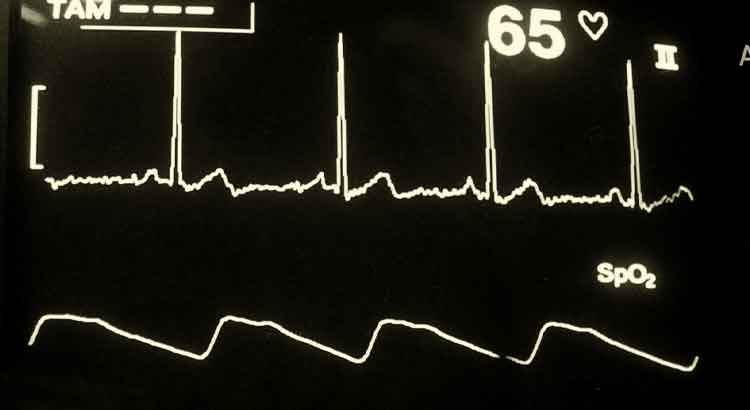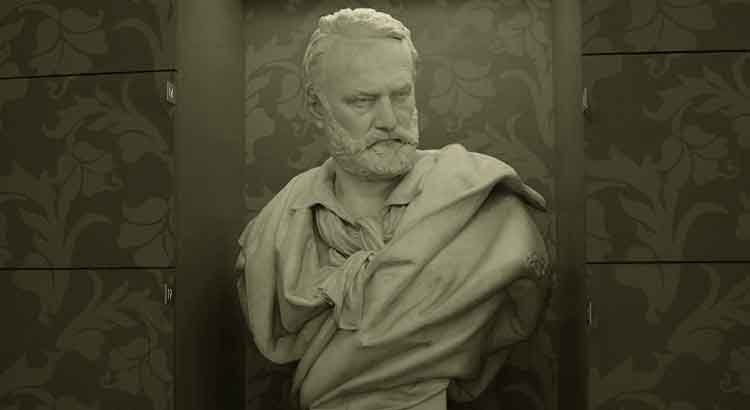The traditional melodic and rhythmic elements of poetry, when used with skill, give a beauty to verses that hardly allow them to be matched by free verses. In a few decades, it will be possible to compare them with the necessary distance, and there is no doubt that the enchantment produced by the double rhythm and melody will, on average, be far superior to the new effects achieved by modern poetry. It will also be possible to wisely judge the diligence of the technique, and then it will become evident that transplanting music to letters is a very difficult art whose essence is directly linked to traditional poetry.
____________
Read more:



